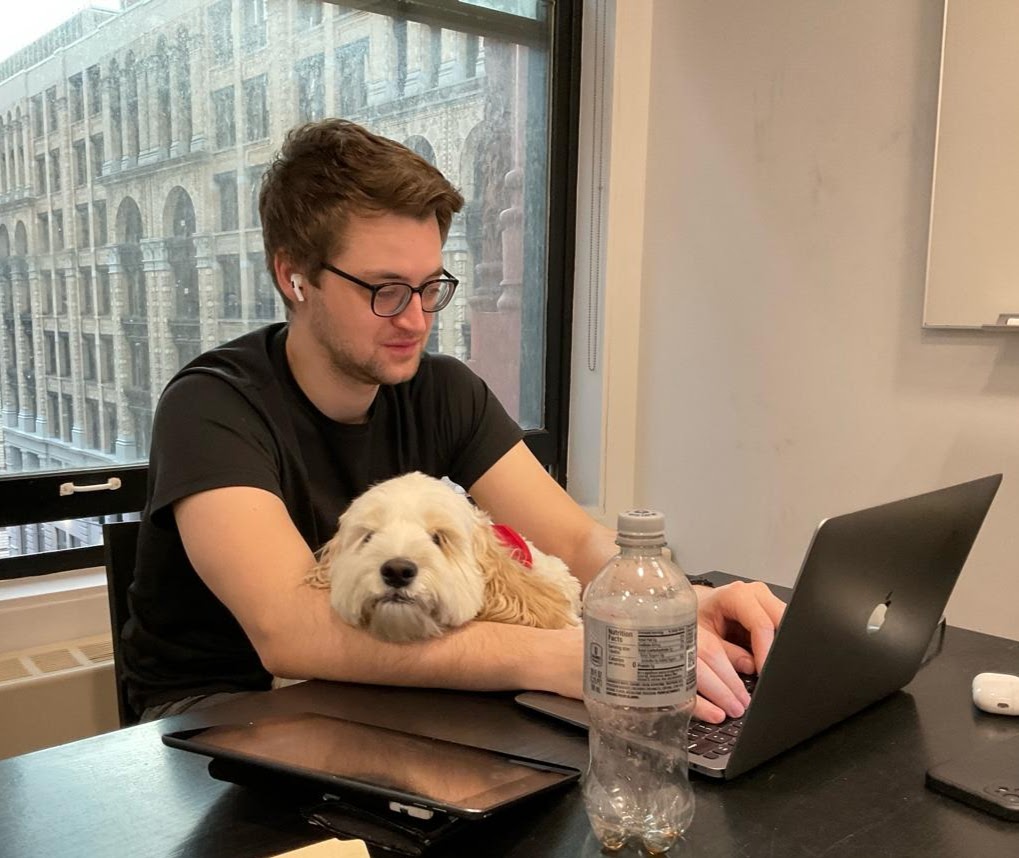Jens Jäger
Published Papers:
Under Review:
- A paper arguing against extant counterfactualist reductions of causation [draft]
In Progress:
- A paper developing a reductive account of causation compatible with synchronic laws
- A paper on the Gibbs paradox and haecceitism

Dissertation:
[abstract]
Philosophical investigations into the nature of chance and causation have typically assumed classical spacetime backgrounds. My dissertation argues that this practice misses important lessons. By tying chance functions to a global time parameter, a structure of classical spacetimes, orthodox theories of chance cannot state important Markov-style principles and fail outright in spacetimes that lack a linear time structure, for example due to closed timelike curves. By contrast, the urchance approach, developed in the dissertation's first half, assumes no such parameter, works in any spacetime geometry, captures the needed independence principles, and resolves the puzzle of chances on closed timelike curves. Two general morals follow: chance is not as intimately tied to time or causation as is usually thought, and chances can vary even across intrinsically duplicate trials.
On the causation side, counterfactualist reductions are unable to deal with synchronic nomic constraints: law-based, yet non-causal, links between simultaneous events. These constraints occur not only in temporal-loop geometries but also in common-or-garden theories like Maxwellian electrodynamics. To save the counterfactualist approach to causation, its defenders must separate genuinely dynamical counterfactual influences from those produced solely by synchronic constraints.